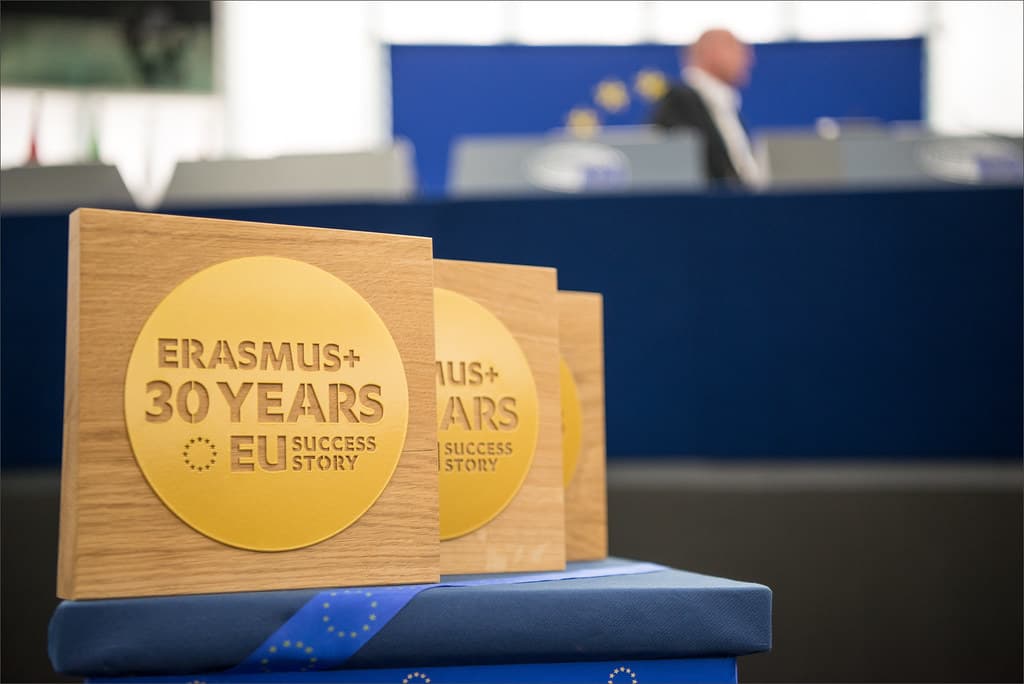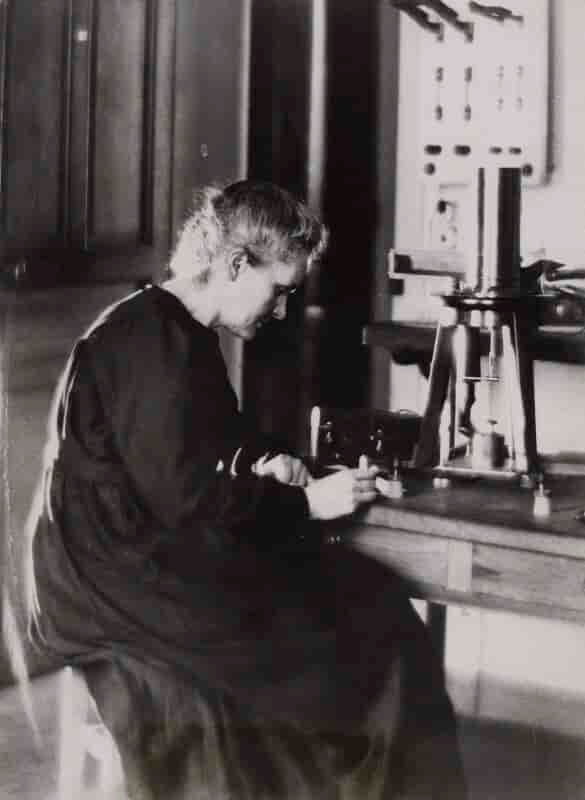EDUCATION WORKING GROUP
NEMOR members, which comprises both researchers and individuals involved in teaching activities, share a common interest in promoting educational initiatives, especially those centered around mountainous regions. Recognizing this shared vision, NEMOR has established a dedicated Working Group that concentrates on educational opportunities. This Working Group serves as a collaborative platform where experts from various fields come together to explore, innovate, and tackle pressing issues within the educational landscape.
The objectives of this Working Group are multifaceted, encompassing a broad range of activities. These include, but are not limited to, conducting collaborative research projects to generate new insights and knowledge about mountain ecosystems, sharing best practices and innovative methodologies in teaching and learning, and fostering connections and building partnerships through networking opportunities. We also aim to facilitate professional development by organizing workshops, conferences, and seminars.


Key areas of focus for the group include the Marie Skłodowska-Curie Doctoral Network (MSCA DN) and Erasmus+.
Marie Curie Doctoral Networks are part of the Marie Skłodowska-Curie Actions (MSCA) under the European Union’s Horizon Europe framework. These networks aim to enhance scientific excellence and innovation by providing training for doctoral candidates through international collaborations between academic and non-academic institutions.
Furthermore, Erasmus+ serves as the European Union’s premier program for education, offering a myriad of opportunities for those involved in teaching activities to engage in cross-border collaboration, skill enhancement, and the promotion of inclusivity and environmental consciousness.
The Working Group is also committed to creating an inclusive and supportive environment that encourages open dialogue and exchange of ideas related to education. Such an environment is crucial for nurturing creativity, fostering critical thinking, and promoting a deeper understanding of mountain ecosystems and their importance. Thus, this Working Group may act as a catalyst for change in education, inspiring students, and educators alike to appreciate the beauty and complexity of mountain ecosystems.